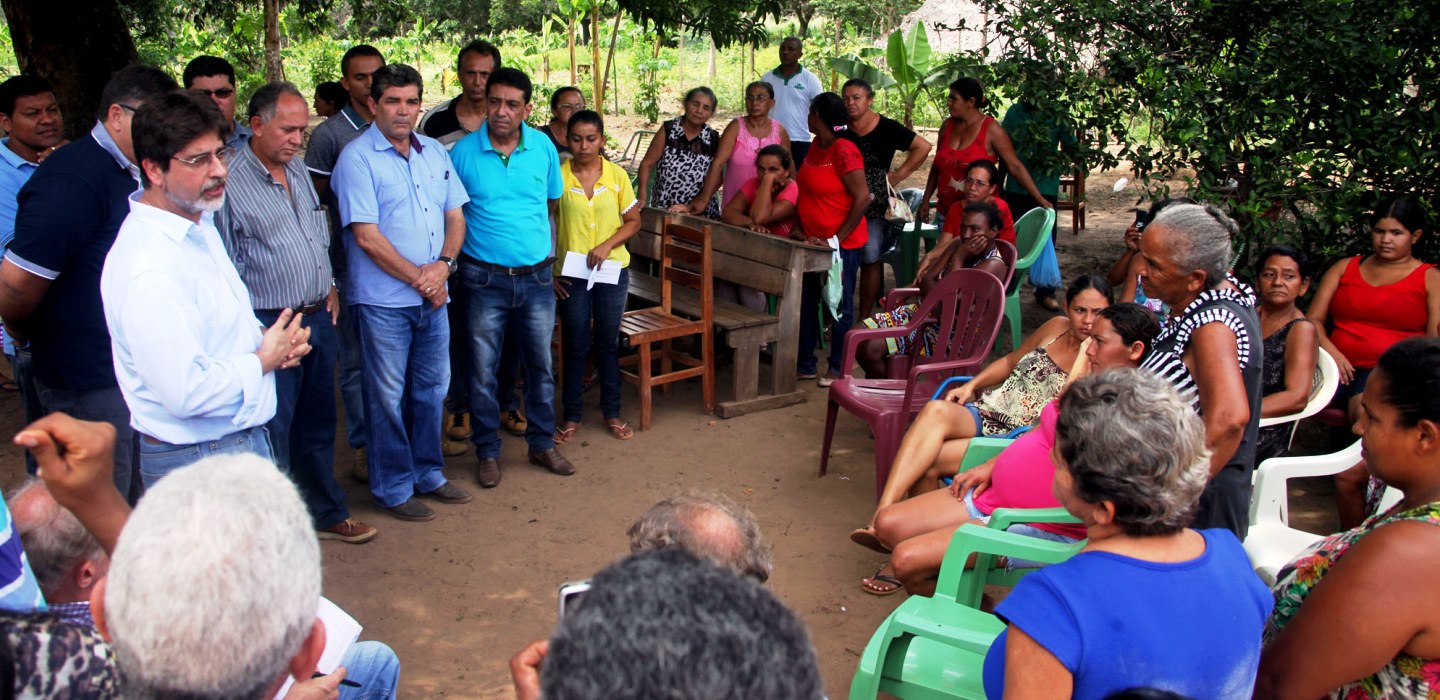Project design and management
Project design and management - Banner

Project design and management
Menü-Anzeige
Project design and management
Designing result-based programmes and projects that transform lives
IFAD supports innovative projects that target extremely poor and food-insecure people in rural areas. They are inclusive of women, youth and indigenous peoples.
Our bottom-up approach is community-driven. Small-scale agriculture is central to our model—and to world food security.
How do we achieve results?
Ensuring that IFAD operations help reduce poverty starts with a clear country strategy that is aligned with government priorities. Through broad country-level consultations, a results-based country strategic opportunities programme (COSOP) is developed.
A COSOP draws out the main lessons learned in the country; articulates IFAD’s comparative advantage in that country; defines a limited number of strategic objectives to which all IFAD activities – investment projects, policy engagement and other non-lending activities – will contribute; and presents concept notes for one or more proposed projects.
The individual projects that contribute to the country programme are designed and implemented with a carefully articulated theory of change, highlighting how inputs and activities are expected to achieve impact. Based on IFAD’s Development Effectiveness Framework (DEF), projects also need to be evaluable, with sufficient data collection built-in to allow for assessment, learning and evidence-based decision making.
Designing for impact
IFAD-supported projects connect poor rural people to markets and services so they can produce more and earn more. They help transform rural communities economically and socially, and promote gender equality and inclusiveness.
Projects are country-owned, and designed with input from rural people themselves. IFAD gives a voice to smallholder organizations and empowers local communities, women and young people.
Projects also reflect IFAD’s Strategic Framework 2016-2025 and its main objectives: to increase poor rural people’s productive capacities, enable them to benefit from market participation, and strengthen the environmental sustainability and climate resilience of their economic activities.
IFAD programmes and projects undergo a rigorous two-step quality enhancement and quality assurance process with substantive input from technical experts as well as external peer reviewers.
Following negotiation of the financing agreement between IFAD and the borrower, the project goes to IFAD's Executive Board for review and approval.
IFAD-financed projects are implemented by national staff with support and guidance from IFAD staff at headquarters and in the country, as applicable.
IFAD supervises and provides implementation support to 100 per cent of the projects it finances. We have 40 country offices which enable us to stay close to borrowing countries and understand their needs.
IFAD’s Independent Office of Evaluation is responsible for evaluating IFAD's operations and policies, and reports directly to the Executive Board.

